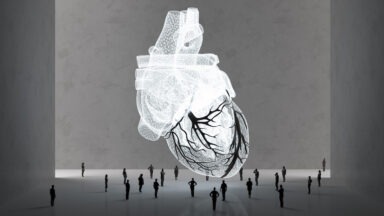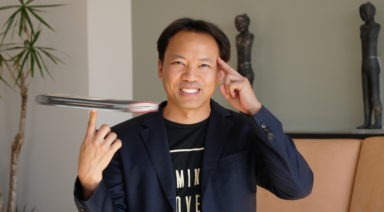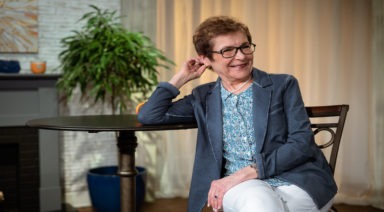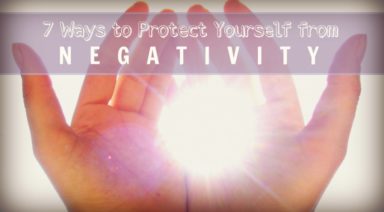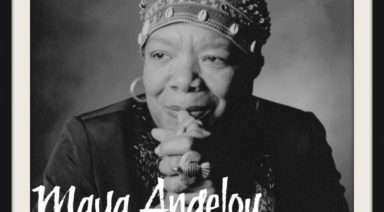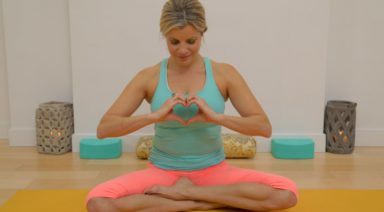Does Your Heart Have a Mind of Its Own?
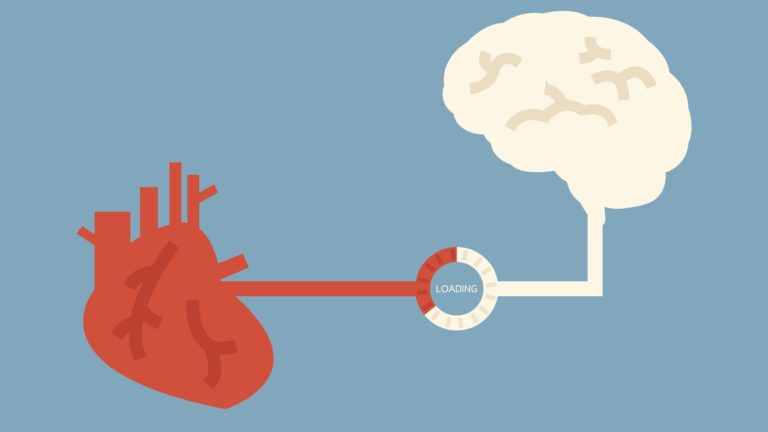
Until recently, modern science perceived the heart as merely a pump to regulate the flow of blood throughout our bodies. But across numerous cultures, the heart has historically been thought to have a much greater function that corresponds with our thoughts, emotions, and spirit.
When we speak or share feelings from a place of deep meaning or passion, we say we’re speaking from the heart or we’re trying to convey something that is heartfelt. This is no longer just an archaic maxim, but instead, one with factual backing. And science is now realizing that the heart and brain have more of a corollary, interactive relationship than previously thought … a relationship that has residual consequences on our bodies, and possibly even humanity as a whole.
Connecting Two Major Organs
The brain has typically been thought to be the control center for the body, sending directions through the nervous system to different organs, telling them how to behave. This is done through voluntary or involuntary action, like telling the heart to pump blood. But in reality, the heart sends more signals to the brain than the brain does to the heart, influencing emotions, memories, problem-solving, and high-level cognitive functions.
In fact, the heart has its own network of neurons. This network is so sensitive that our heart rhythms become highly ordered when we experience positive emotions, love, and joy. On the contrary, negative emotions and psychological activity cause erratic and jerky heart function, leading to inefficiency, lack of energy, and poor reasoning.
While massive fluctuations can shake up our energy and emotional levels, our heart rates already fluctuate very regularly, sometimes even every beat. Although these fluctuations are minute it shows just how sensitive our hearts are and how susceptible they are to change. These oscillations in our heart rate are called Heart Rate Variability or HRV. HRV essentially measures the change in our heart rate with each beat. It is an effective way of being able to maintain and effect psychophysiological coherence or heart-brain coherence.
How To Maintain Heart-Brain Coherence
The goal of developing and maintaining heart-brain coherence is to essentially tune these organs to the proper frequency, creating a harmony that allows for optimal functioning. The ideal frequency that one wants to achieve is 0.1 Hz. At this frequency, it is scientifically proven that the body activates enzymes that work to delay aging, improve cognitive function, boost our immune system, and promote the production of DHEA, the precursor to all hormones. So how does one achieve a 0.1 Hz frequency?
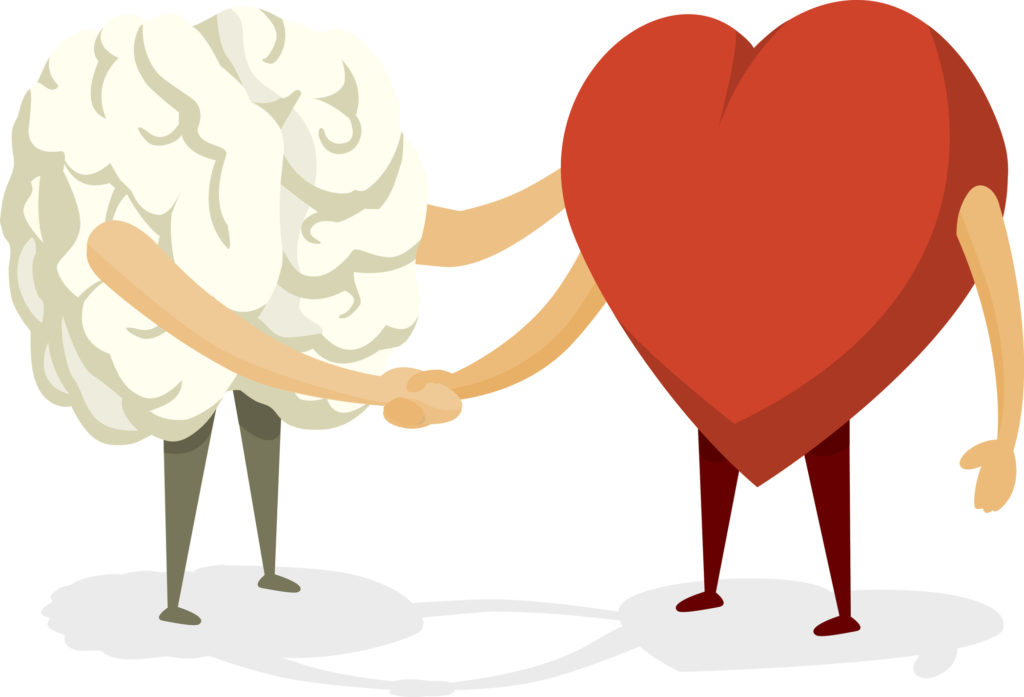
Eating healthy, organic food should be the first step one should take in the process, but it is not necessarily enough. With soil quality often lacking to provide optimal nutrients, supplements can help give the boost needed to implement one’s diet and attain coherence. Vitamin C from ascorbic acid, Vitamin K, Magnesium, and Calcium are often nutrients that we don’t get enough of, as well as the enzyme CoQ10 which is an antioxidant that promotes cardiovascular health.
Paired with this healthy diet, the primary method for activating heart-brain coherence is through a 10-second breathing technique. Using a breathing rate of five seconds in and five seconds out, while consciously evoking positive thought and emotion, one can activate heart-brain coherence.
Resilience
One of the benefits of practicing heart-brain coherence is that it can lead to greater resilience in one’s heart waves. Although it may sound counterintuitive, the more heart rate variability there is between each beat, or the higher HRV, the more our bodies are capable of adapting to changes.
When we are young we are born with great variability in our heartbeats and therefore greater resilience to deal with the stresses involved with learning. As we grow older, there is less variability, making it more difficult to deal with changes in life. As we age, or when we look at the behavior of older people, sometimes there is a tendency to be stubborn or rigid in our ways, whereas younger people tend to be more flexible and willing to cope with changes in life — this correlates with HRV.
Another extraordinary consequence of the resonance that is created through the frequencies of our body, especially when heart-brain coherence is achieved, is the effect it can have on others. It has been measured that the frequencies generated by our body are emitted and can be picked up within a five-foot radius.
What’s even more astounding is that the frequency generated from our collective consciousness has the power to affect Earth’s magnetic waves. Gregg Braden describes this by showing massive spikes in magnetic fields during times of significant global events. Historically, these massive human-induced fluctuations have occurred from global tragedies, but what could happen if we were able to consciously, collectively harness that power from positive events? The results could be extraordinary.
How to Connect With the Divine Energy Your Higher Self Holds

Connecting with the Divine Energy within your Higher Self can be a transformative and enlightening experience. It can guide you toward a deeper understanding of your true nature and spiritual potential. To embark on this journey of self-discovery, you’ll need to do a couple of things that seem easy but might be harder than you think in practice. From finding a quiet and peaceful space to silencing your mind and communicating with the divine, it requires more than simple meditation. Divine Energy pervades all of existence. Embrace this connection with an open heart, and let it illuminate your path toward spiritual growth and self-awareness.
What is the Higher Self?
The Higher Self, also known as the Divine Self, is the Self that exists at an even higher level than the soul; it is in every human being ever born. It is the true self essence of the Universe that dwells in your being, the source of all light and life within you, and your true motivation for living. It is a belief held by Hindus and New Age thought alike.
The Divine Self is what powers you and makes you wonder. It is the spiritual journey of the soul light at your core that chose to be incarnate at this point in time. It’s ever-aware and has been thinking since you began existing in this lifetime, and since your birth in other lifetimes. The body and the physical realm, in which we dwell in our own life, are thought to be but a vehicle for the Higher Self.
Divine Energy and the Higher Self
Divine Energy is the sacred yet infinite force that connects everything in the universe and transcends the physical world. It is believed to provide life, consciousness, and creation with things like love and wisdom. The concept of the Higher Self is closely related and represents the purest essence within individuals that connects them to the Divine Energy. Aligning with the Higher Self allows one to access ancient wisdom and spiritual growth – leading to a deeper understanding of one’s purpose and a sense of oneness with all creation.
If you’ve ever experienced synchronicities, where coincidences that are too uncanny to be coincidental occur in your life, you may be in the process of connecting with your higher self.
In the same beliefs, the soul is closer to the personality and is an intermediary between the person and her Divine Self until such time as she is able to directly experience and realize the Divine Self as who she is.
How to Contact Your Higher Consciousness
If you’re interested in opening up to your Divine Self, the practice promises guidance, peace, harmony, and illuminating light through its higher knowledge. Believers also claim that you can more easily turn away from the distractions of the physical world, and restore yourself in the light, love, and power of this eternal Self, because it will reveal the illusions, desires, and attachments that keep you trapped in a lower vibration and on a lesser path, thus enabling you to find your higher path. You are also supposed to gain a greater ability to recognize limiting, disharmonious, and restricting energies and forms.



